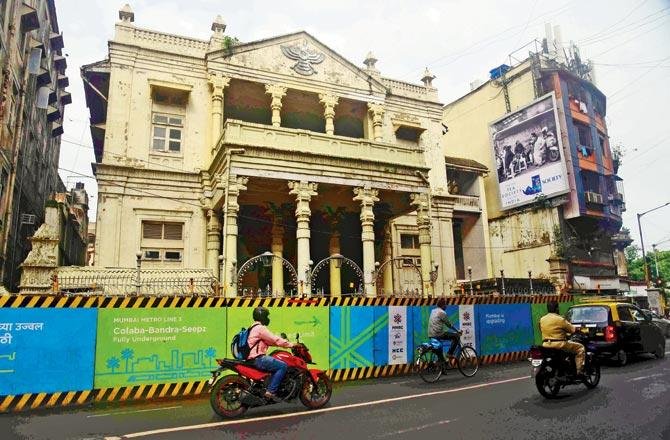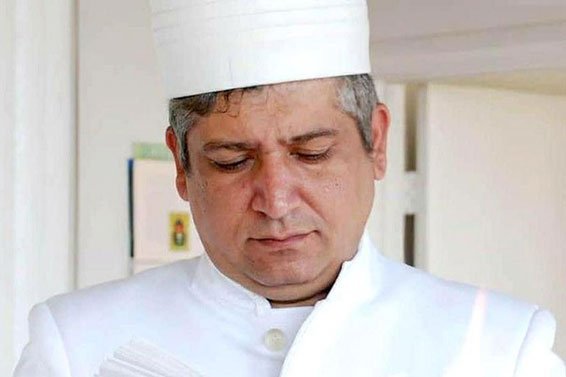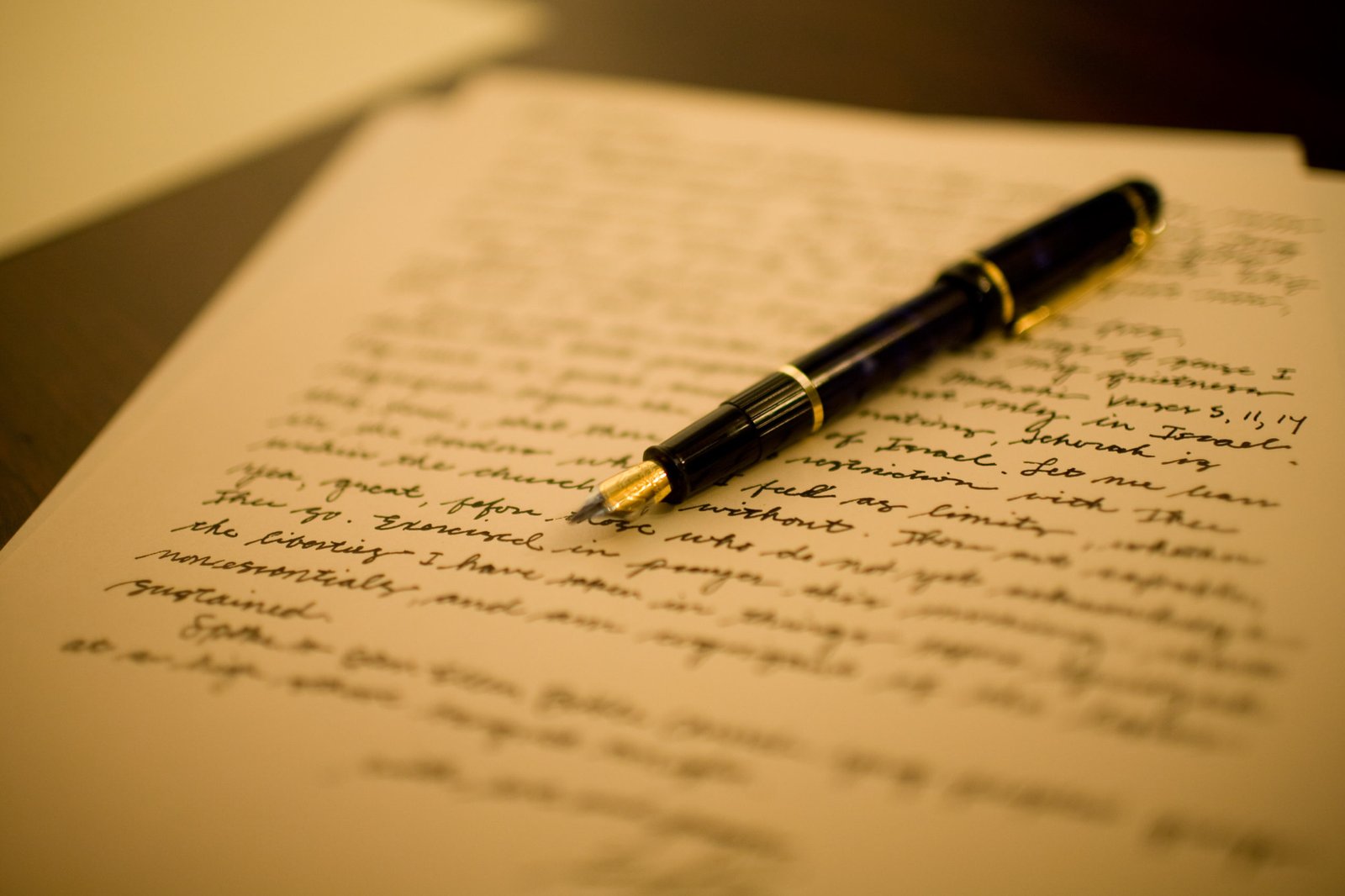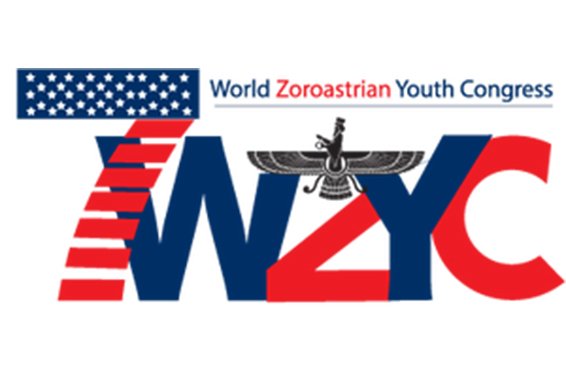Supreme Court permits MMRCL to continue Metro work under Parsi temples in Mumbai’s Kalbadevi
Rejecting the demand of the four Parsi petitioners to stop construction work of the Mumbai underground metro on religious grounds, the Supreme Court said, “Two high priest of your community have said that construction will not impact on the fire temple… the MMRCL is maintaining distance from the wells…which could be contaminated.”
The Supreme Court of India on Monday allowed the Mumbai Metro Rail Corporation Limited (MMRCL) to go ahead with the tunneling / construction work underneath two Parsi temples (Atash Behrams) at the Kalbadevi locality of Mumbai saying “it cannot stop the construction of the project like this which benefits the people”.
Relieving MMRCL of its suo motu obligation of stopping construction pending the matter in the top court, a bench of Justice UU Lalit and Justice S Reddy said, “Taking a total view of the matter we are not inclined to stop the infrastructure project. Making another alignment is impossible at this stage”. The court also directed MMRCL to take adequate precautions during construction and file a progress report before it by January 4, the next date of hearing in the case.
Apex court order comes on a petition filed by four members of the Parsi community from Mumbai, who assert that tunneling and construction for development of Mumbai underground metro would damage the structural stability of the heritage fire temple buildings and destroy the fire in the temple which is essential part of the religious practice of the Zorastraians.
Rejecting the demand of the four Parsi petitioners to stop construction work of the Mumbai underground metro on religious grounds, the court added, “Two high priest of your community have said that construction will not impact on the fire temple… the MMRCL is maintaining distance from the wells…which could be contaminated.”
“It (metro project) started seven years back when objections to the project were invited. You did not say anything then…,” added Justice UU Lalit.
Defending the metro project in the court, Attorney General for India, KK Venugopal argued, that “the petitioners did not have support of the Parsi community…”





